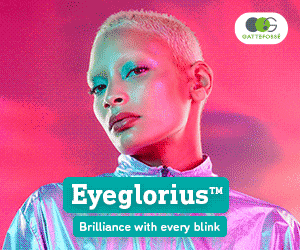The University of Plymouth has conducted research into the attitudes of consumers regarding microbeads in cosmetics products.
The study, published in Marine Pollution Bulletin, found that while public awareness regarding microbeads in personal care products is lacking in some areas, there are “strong indications” that a ban would be widely supported.
People surveyed made comments conveying their surprise about the quantities of microbeads in products. They were reported to have described the use of microbeads as “unnatural”, “unecessary” and “fake”.
Lead author Alison Anderson, Professor of Sociology at the University of Plymouth, said: “Participants in the study reacted with shock and disbelief when they were shown the quantity of microbeads in the sample products.
"If microbead content was labelled more clearly we would expect to see a positive response from consumers and also broad support for a ban.”
The university previously estimated that in a single use, between 4,600 and 94,500 microbeads could be released.



